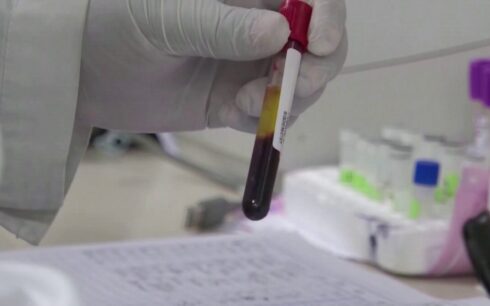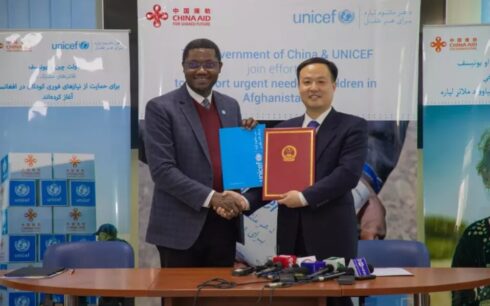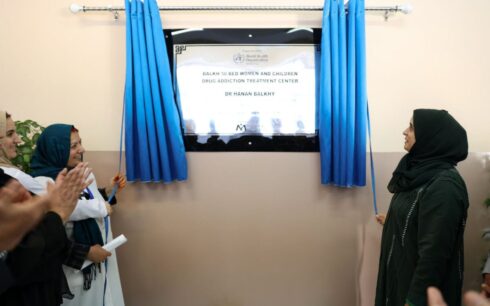KABUL, Afghanistan — Cerebral palsy, a neurological disorder that affects two to three of every 1,000 children worldwide, remains severely underdiagnosed in Afghanistan, the International Committee of the Red Cross (ICRC) said in a recent report.
The report highlights a dire shortage of diagnostic resources and specialized healthcare professionals, leaving many Afghan children suffering in silence as their condition is frequently misdiagnosed. The challenge is particularly acute in rural areas, where access to specialized care is limited.
On the eve of the International Day of People with Disabilities, the ICRC underscored the urgent need for improved services, noting that thousands of children with cerebral palsy (CP) have sought help at its centers across Afghanistan this year. According to the organization, 6,582 boys and 4,461 girls with the disorder received medical assistance in 2023, compared to 6,726 boys and 4,570 girls during the same period last year.
Cerebral palsy, caused by abnormal brain development or damage to the brain during pregnancy, childbirth, or shortly after birth, can result in lasting impairments to body movement, muscle control, reflexes, posture, and balance. The condition is often associated with inadequate prenatal care, which increases the likelihood of complications during pregnancy and delivery.
“The ICRC is at the forefront of helping patients with CP in Afghanistan. Each month, more than 794 patients receive treatment at our Physical Rehabilitation Center (PRC) in Kabul, including over 130 newly registered patients,” the ICRC quoted a supervisor of the center’s CP department as saying.
Despite the challenges, the report noted a growing determination within Afghan communities to improve conditions for children living with the disorder. The ICRC remains committed to aiding this effort, providing physical and social rehabilitation to more than 200,000 patients annually across seven ICRC-supported rehabilitation centers in Afghanistan. Services include orthoses, prostheses, physiotherapy, vocational training, and interest-free microcredit loans.
While significant progress is being made, the ICRC emphasized the need for increased awareness and resources to ensure children with CP are properly diagnosed and supported.





